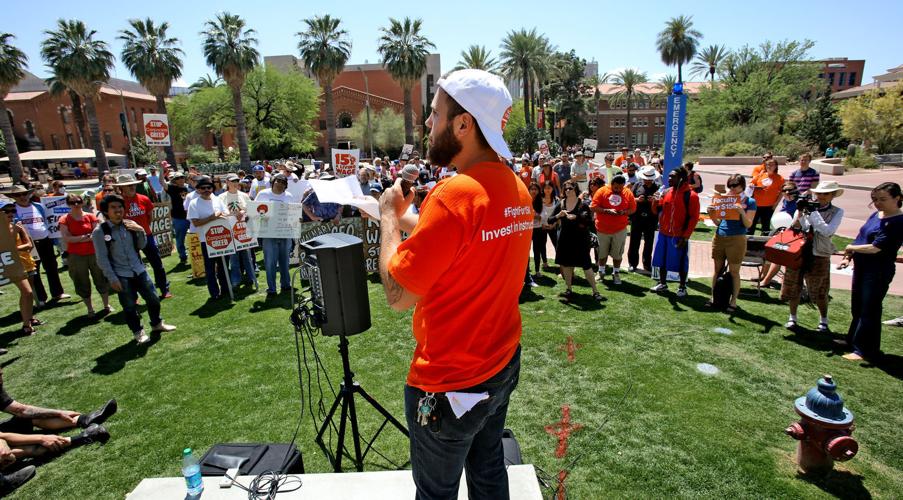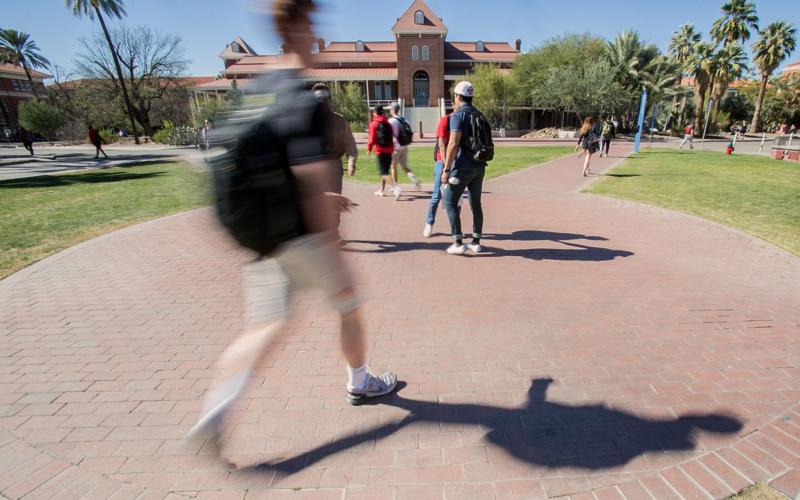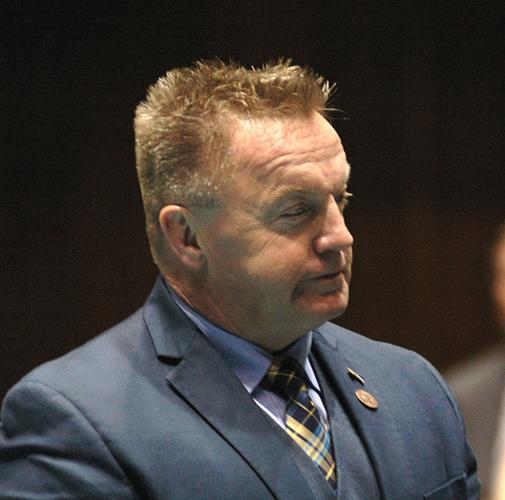PHOENIX — State lawmakers will decide whether those who have something to say on college and university campuses can be told when and where they can say it.
The proposal by Rep. Anthony Kern, R-Glendale, would make it illegal for state-run schools to designate any area on campus as a “free speech zone.”
In fact, HB 2615 requires universities and community colleges to convert any such existing area to a memorial or monument.
Kern isn’t the only one to target such special areas.
The Alliance Defending Freedom has already filed suit against Paradise Valley Community College over what the public interest law firm says is the illegal practice of requiring groups to get permits, provide prior notice — and then be restricted to certain areas of campus. The college has yet to respond to the lawsuit.
Kern told Capitol Media Services his legislation is not based on that incident. In fact, Kern said he was unaware of the litigation.
Instead, he said it came from his own experience when he was younger working with a church group that wanted to hand out material at Glendale Community College during July 4th activities. Kern said there was no problem for the first few years.
“All of a sudden, they came up with this free speech zone which was way away from the people,” he recalled. “It defeated the whole purpose.”
Kern said colleges still would be able to have some limited controls if his measure becomes law.
For example, he said they could restrict the times that amplifiers can be used. Similarly, Kern said his legislation is designed to protect only noncommercial speech, meaning that merchants would not be able to use the law to set up booths on campus to sell items.
And Kern said a college might be able to ask for some advance notice from those who want to reserve a specific space to prevent conflicts with other groups.
“You don’t want people hurting each other,” he said.
Kern said his legislation is limited to colleges and universities, and would not bar a city hosting an event from shunting off protesters to free speech zones far from the event. That has been the practice by both political parties for some time now during their quadrennial conventions.
He said that’s a different situation.
“The reason why college campuses and universities are kind of singled out is because these have always been the bastions of free speech, the bastions of free debate,” Kern said.
The lawsuit pending in Maricopa County Superior Court was filed on behalf of Brittany Mirelez and Richard Shemberger.
According to their lawyers, Mirelez, who is a student at the college, set up a table last October in the “speech zone” to talk with students about joining the Young Americans for Liberty student group she is trying to start on campus. The lawsuit says she was asked to leave because she had not obtained prior permission as required by college policy.
In filing suit, the two are challenging not just the permission requirement but the whole designation of a specific 0.2-acre area on the 92.4-acre campus. The result, the legal papers say, “closes an entire forum for speech activity.”
“The sidewalks and open spaces of PVCC’s campus are designated public forums — if not traditional public forums — for speech and expressive activities by students enrolled at PVCC,” the lawsuit states.
“A public college’s ability to restrict speech — particularly student speech — in a public forum is limited,” it continues. “The First Amendment’s Free Speech Clause prohibits censorship of political expression.”
There was no immediate response to the litigation from the college.
In one way, Kern’s legislation goes beyond what is in the lawsuit. He said campuses should be open to all, regardless of whether they are enrolled at the school.






